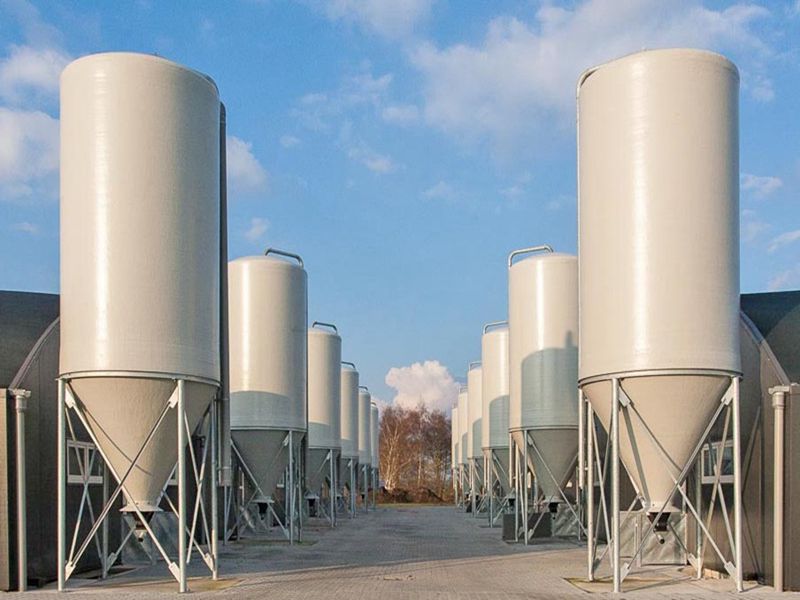
-
 Afrikaans
Afrikaans -
 Albanian
Albanian -
 Amharic
Amharic -
 Arabic
Arabic -
 Armenian
Armenian -
 Azerbaijani
Azerbaijani -
 Basque
Basque -
 Belarusian
Belarusian -
 Bengali
Bengali -
 Bosnian
Bosnian -
 Bulgarian
Bulgarian -
 Catalan
Catalan -
 Cebuano
Cebuano -
 China
China -
 China (Taiwan)
China (Taiwan) -
 Corsican
Corsican -
 Croatian
Croatian -
 Czech
Czech -
 Danish
Danish -
 Dutch
Dutch -
 English
English -
 Esperanto
Esperanto -
 Estonian
Estonian -
 Finnish
Finnish -
 French
French -
 Frisian
Frisian -
 Galician
Galician -
 Georgian
Georgian -
 German
German -
 Greek
Greek -
 Gujarati
Gujarati -
 Haitian Creole
Haitian Creole -
 hausa
hausa -
 hawaiian
hawaiian -
 Hebrew
Hebrew -
 Hindi
Hindi -
 Miao
Miao -
 Hungarian
Hungarian -
 Icelandic
Icelandic -
 igbo
igbo -
 Indonesian
Indonesian -
 irish
irish -
 Italian
Italian -
 Japanese
Japanese -
 Javanese
Javanese -
 Kannada
Kannada -
 kazakh
kazakh -
 Khmer
Khmer -
 Rwandese
Rwandese -
 Korean
Korean -
 Kurdish
Kurdish -
 Kyrgyz
Kyrgyz -
 Lao
Lao -
 Latin
Latin -
 Latvian
Latvian -
 Lithuanian
Lithuanian -
 Luxembourgish
Luxembourgish -
 Macedonian
Macedonian -
 Malgashi
Malgashi -
 Malay
Malay -
 Malayalam
Malayalam -
 Maltese
Maltese -
 Maori
Maori -
 Marathi
Marathi -
 Mongolian
Mongolian -
 Myanmar
Myanmar -
 Nepali
Nepali -
 Norwegian
Norwegian -
 Norwegian
Norwegian -
 Occitan
Occitan -
 Pashto
Pashto -
 Persian
Persian -
 Polish
Polish -
 Portuguese
Portuguese -
 Punjabi
Punjabi -
 Romanian
Romanian -
 Russian
Russian -
 Samoan
Samoan -
 Scottish Gaelic
Scottish Gaelic -
 Serbian
Serbian -
 Sesotho
Sesotho -
 Shona
Shona -
 Sindhi
Sindhi -
 Sinhala
Sinhala -
 Slovak
Slovak -
 Slovenian
Slovenian -
 Somali
Somali -
 Spanish
Spanish -
 Sundanese
Sundanese -
 Swahili
Swahili -
 Swedish
Swedish -
 Tagalog
Tagalog -
 Tajik
Tajik -
 Tamil
Tamil -
 Tatar
Tatar -
 Telugu
Telugu -
 Thai
Thai -
 Turkish
Turkish -
 Turkmen
Turkmen -
 Ukrainian
Ukrainian -
 Urdu
Urdu -
 Uighur
Uighur -
 Uzbek
Uzbek -
 Vietnamese
Vietnamese -
 Welsh
Welsh -
 Bantu
Bantu -
 Yiddish
Yiddish -
 Yoruba
Yoruba -
 Zulu
Zulu
grp scrubber
The Importance of GRP Scrubbers in Today’s Marine Industry
In the quest for cleaner oceans and a more sustainable future, the marine industry has increasingly turned to innovative technologies to reduce emissions and enhance environmental protection. One such innovation is the GRP (Glass Reinforced Plastic) scrubber, a vital component in managing the exhaust emissions from marine vessels. As global regulations tighten and the demand for eco-friendly practices rises, understanding the significance of GRP scrubbers becomes essential.
The Importance of GRP Scrubbers in Today’s Marine Industry
One of the primary benefits of GRP scrubbers is their ability to utilize seawater in the process of scrubbing exhaust gases. Open-loop scrubbers, for instance, take in seawater to neutralize SOx emissions, discharging the treated water back into the ocean. This method is effective in areas where seawater is abundant and regulations permit its use. However, in regions where environmental regulations prohibit the discharge of scrubber wash water, closed-loop systems come into play. These systems recirculate water and use chemical agents to treat emissions, ensuring compliance with stringent environmental standards.
grp scrubber

The choice of materials is crucial in the construction of scrubbers, as they operate in harsh marine environments. GRP, known for its corrosion resistance and lightweight properties, is an ideal choice for scrubber fabrication. The use of GRP not only enhances the durability and longevity of the scrubbers but also contributes to overall weight reduction in marine vessels, improving fuel efficiency and performance.
Moreover, the increasing focus on sustainability has led to the development of hybrid scrubbers, which can operate in both open and closed modes. This flexibility allows ship operators to adapt to varying regulatory requirements and environmental conditions, making hybrid scrubbers a versatile solution for long-term emission control.
In addition to regulatory compliance, the implementation of GRP scrubbers can result in significant economic benefits for shipping companies. By allowing vessels to continue using less expensive heavy fuel oil while effectively reducing emissions, operators can maintain profitability without compromising environmental responsibilities.
As the marine industry navigates the complexities of environmental regulations, technologies like GRP scrubbers stand out as essential tools in the transition towards greener shipping practices. They not only aid in meeting stringent emission standards but also contribute to the overall goal of preserving marine ecosystems. In conclusion, investing in GRP scrubber technology is not just a regulatory necessity; it is an opportunity for ship owners to lead the charge towards a more sustainable and responsible maritime future.
Latest news
-
Exploring the Benefits of Top Hammer Drifter Rods for Enhanced Drilling PerformanceNewsJun.10,2025
-
High-Precision Fiberglass Winding Machine for GRP/FRP Pipe Production – Reliable & Efficient SolutionsNewsJun.10,2025
-
FRP Pipes & Fittings for Shipbuilding - Corrosion-Resistant & LightweightNewsJun.09,2025
-
Premium FRP Flooring Solutions Durable & Slip-ResistantNewsJun.09,2025
-
Premium Fiberglass Rectangular Tanks Durable & Lightweight SolutionNewsJun.09,2025
-
Tapered Drill String Design Guide Durable Performance & UsesNewsJun.09,2025









